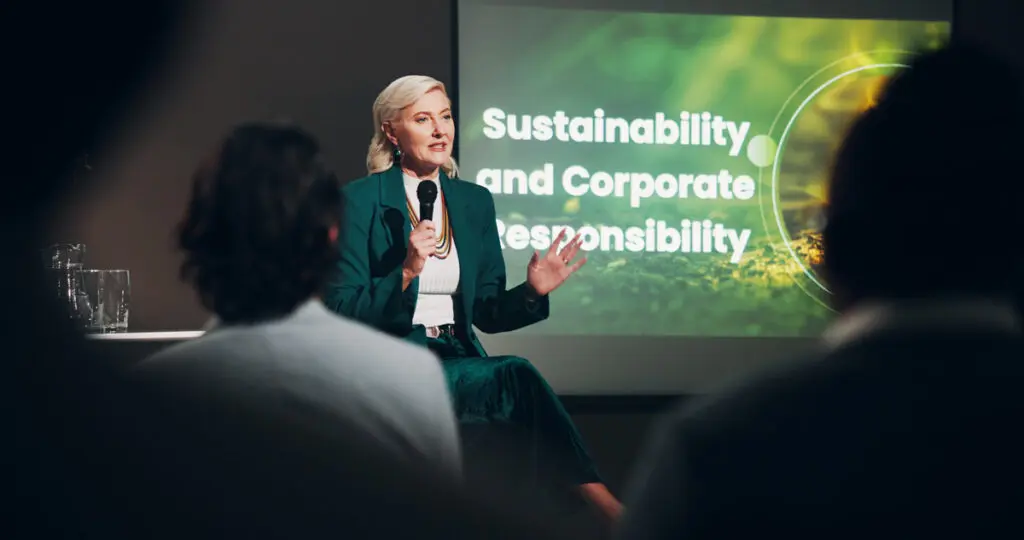
As the world grapples with the undeniable effects of climate change, global warming emerges as a clarion call for action rather than a distant crisis. Nowhere is this more evident than in Ireland—a land known for its breathtaking landscapes, rich biodiversity, and vibrant culture. Unfortunately, the consequences of rising temperatures and changing climates are becoming increasingly apparent. In this blog post, we explore the myriad impacts of global warming on Ireland, highlighting the urgent need for awareness and action.
Ireland is often perceived as a land of perpetual rain and lush greenery, yet this idyllic image is under threat. The Intergovernmental Panel on Climate Change (IPCC) projects that the global mean temperature will rise by 1.5°C above pre-industrial levels by as early as 2030. For Ireland, this could mean substantial shifts in weather patterns, sea levels, and biodiversity. Averages for temperature and rainfall are on the rise, leading to increasing extremes—floods, droughts, and storms are becoming more frequent and severe.
One of the most immediate impacts of global warming is the rise in sea levels, which poses a significant threat to Ireland’s extensive coastline. With approximately 7,500 kilometers of coast, ranging from rugged cliffs to sandy shores, the consequences of rising seas cannot be understated. Coastal erosion and flooding threaten not only the picturesque landscapes but also urban areas like Dublin and Cork.
According to recent studies, sea levels around the Irish coast could rise by up to 1 meter by the end of the century. For coastal communities, this means heightened vulnerability to storm surges and inundation, which can lead to loss of property, displacement of residents, and damage to vital infrastructure. The Irish government is already investing in various coastal defenses and adapting urban planning protocols to mitigate these risks, but the growing urgency is palpable.
Agriculture, a cornerstone of Ireland’s economy and identity, is also at the forefront of global warming impacts. The Irish countryside, once seen as a bastion of fertility, is facing challenges from unpredictable weather patterns. Farmers are struggling with shifting seasons that disrupt planting and harvesting cycles. Increased instances of droughts can decimate crops, while excessive rainfall can lead to waterlogged soils and crop failures.
Moreover, changes in temperature can introduce new pests and diseases that threaten livestock and crops. Farmers are increasingly turning to innovative practices, such as precision agriculture and sustainable farming methods, to cope with these challenges. Nevertheless, the pressure is mounting as they adapt to a rapidly changing climate environment.
Ireland is known for its rich biodiversity, from unique flora and fauna to vibrant ecosystems. Unfortunately, this biodiversity is increasingly vulnerable to the effects of global warming. Altered weather patterns, habitat loss, and the proliferation of invasive species threaten native wildlife.
The state of biodiversity is further compounded by habitat fragmentation caused by infrastructural development and agricultural expansion. The Atlantic changes in temperatures can also disrupt migration patterns for various bird species, leading to declines in populations that depend on specific migratory routes and breeding grounds.
Conservation efforts are underway to protect Ireland’s native species and habitats. The National Biodiversity Action Plan aims to promote conservation and sustainable use of biological diversity. However, the challenge remains immense, as the pace of climate change accelerates and puts additional pressure on these fragile ecosystems.
Despite its reputation as a rainy paradise, Ireland is not immune to water scarcity issues exacerbated by climate change. As temperatures rise, the demand for water increases, leading to potential shortages, particularly during dry spells. Conversely, higher levels of rainfall can cause flash flooding, overwhelming drainage systems and leading to property damage.
The unpredictability of precipitation poses a significant challenge for water quality management. Increased rainfall can lead to runoff that pollutes rivers and lakes, affecting both aquatic life and the quality of drinking water. Thus, managing the water resources becomes critical for both public health and environmental sustainability.
The impacts of global warming are not merely physical; they extend into the emotional and psychological realms. For many communities, the specter of climate change can lead to anxiety and stress, especially in areas where livelihoods are threatened. Coastal towns facing higher risks of storms and flooding face uncertain futures that can profoundly affect community cohesion and mental health.
Building resilience in communities will be paramount. Engaging local populations in climate adaptation strategies and promoting sustainable practices can foster a sense of agency and cooperation. Community-driven initiatives focused on environmental stewardship and awareness can galvanize collective action against climate change.
The impacts of global warming in Ireland are undeniable and require immediate attention and action. The urgency for policy changes, public awareness campaigns, and community engagement cannot be overstated. Every individual has a role to play, from reducing carbon footprints to supporting local conservation initiatives.
Education is fundamental in this battle against climate change. By raising awareness about the impacts of global warming, inspiring sustainable practices, and fostering dialogue, we can create a strong, united front dedicated to combating this crisis.
Global warming casts a long shadow over Ireland, threatening its landscapes, biodiversity, and communities. Understanding and addressing these impacts is essential for preserving this unique island’s heritage and ensuring a sustainable future for generations to come. The time to act is now—together, we can work to protect the Emerald Isle from the ravages of global warming and advocate for the vibrant, green future it deserves.
Copyright © 2025. All Ireland Sustainability
Webdesign & Development Northern Ireland 2b:creative
Entries have now closed. We would love it if you could join us for our awards evening on the 24th of October at La Mon, Hotel, Belfast!